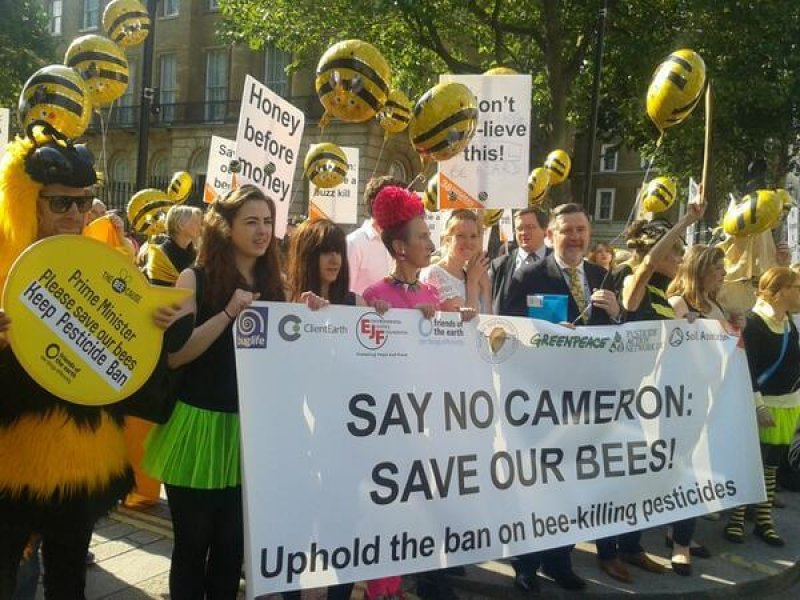[Editor’s note: Matt Ridley is a columnist for the Times (UK), a member of the House of Lords and the author of “The Evolution of Everything.”]
A pesticides ban in Europe could soon be overturned on the grounds that it was based on unreliable data. Meanwhile, revelations that one of the scientists behind the ban was also involved with a nongovernmental organization that campaigns against pesticides continue to undermine the ban’s integrity.
Two European chemical companies, Bayer and Syngenta, appeared before the European Court of Justice [February 2017] to argue that the European Union should revoke a ban on neonicotinoid pesticides. “Neonics,” as these sprays are known, were introduced in the 1990s as a safer, greener alternative.
One of the advantages of neonics is that they can be used as a seed “dressing,” so that crop plants are protected from birth and need less or no spraying later. They only affect those insects that eat the crop, not innocent bystanders.
Though green activist groups claim neonics devastate bee populations, there remains much debate over how much neonic residue gets into the pollen that bees consume. But the fact remains that there has been no “bee-pocalypse.”
The GLP aggregated and excerpted this blog/article to reflect the diversity of news, opinion, and analysis. Read full, original post: Bees, Pesticides and the Activist Hive (PAY WALL)































